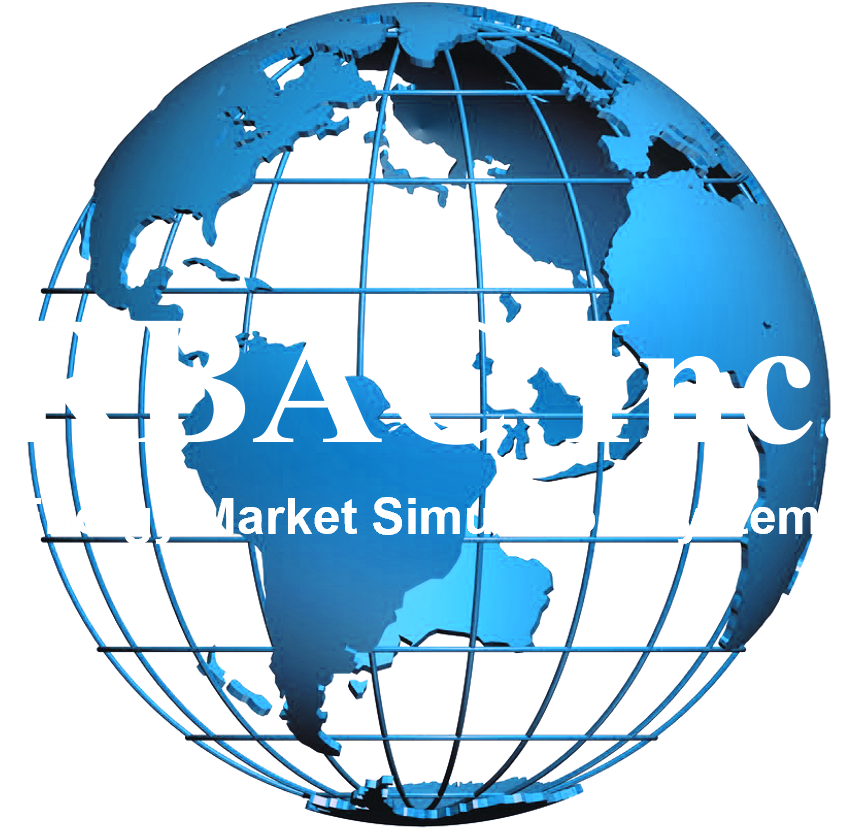Houston, Texas, January 19, 2021. On January 13th RBAC’s Founder, Dr. Robert Brooks, was a featured panelist on a Roundtable at the 11th Gulf Intelligence Global UAE Energy Forum entitled “How can Biden reposition the US as a climate leader in his first 100 days in office?”.
Other panelists included Dr. Morgan Bazilian, Director, Payne Institute for Public Policy & Professor of Public Policy, Colorado School of Mines; Jeremy Martin, VP – Energy & Sustainability, Institute of the Americas; and Mona Dajani, Global Co-Head Energy & Infrastructure Projects Team, Pillsbury Law. The roundtable was moderated by Michelle Meineke, Associate Director – Editorial, Gulf Intelligence.
Questions discussed included: what should be President-elect Joe Biden’s first three climate-related decisions, what are the three main hurdles he will have in pushing a 100% clean energy economy by 2050, and to what extent will he be able to achieve his 2021 climate goals.
While the other panelists focused primarily on how Biden’s Administration could undo President Trump’s environmental executive orders and to what extent he could coordinate the climate-change agenda in different departments of the government, Dr. Brooks spoke more about the economic and technical aspects of these questions.
Dr. Brooks first recommended that the Biden Administration attempt to work with the energy industry, much of which has publicly committed to de-carbonization goals, rather than simply attacking it. Next, he suggested that the Administration should support rather than hinder the expansion of US LNG exports, because of the positive impact LNG has on reducing carbon dioxide emitted burning coal for electricity generation around the world. Further, he stressed the importance of support for R & D, especially that directed toward the technical and economic challenges involved in gradually replacing natural gas with non-CO2-emitting hydrogen over the next several decades.
Regarding the question of methane emissions, Dr. Brooks pointed out that this is largely an engineering and operations issue, something the industry can attack directly by better monitoring and maintenance. It is not an issue of chemistry like burning carbon-containing materials for process heat or electricity generation, emitting carbon dioxide as an unavoidable side effect.
Dr. Brooks also cautioned against proposals based on purely anti-fossil fuel ideology rather than recognizing the crucial role natural gas and LNG have in achieving the desired energy transition.
The moderator also asked Dr. Brooks to say something about the challenges of renewable natural gas and hydrogen in this transition. He replied that there were serious technical issues largely as a result of high production cost and low energy density of hydrogen (only 31.4% that of natural gas). Replacing natural gas in pipelines would end up delivering much less energy for the same volume of gas. However, re-purposing existing pipelines would be very much less expensive than building new ones. One approach would be to gradually introduce hydrogen into natural gas pipelines in growing amounts in order to reduce emissions in a safe and predictable way.
RBAC, Inc. has been the leading provider of market fundamental analysis tools used by the energy industry and related government agencies for the past two decades. The GPCM® Natural Gas Market Forecasting System™ is the most widely used natural gas market modeling system in North America. RBAC’s G2M2® Global Gas Market Modeling System™ has been instrumental in understanding evolving global gas and LNG dynamics and is vital in fully understanding the interrelationship between the North American and global gas markets. For more information visit RBAC’s website at http://www.rbac.com.


